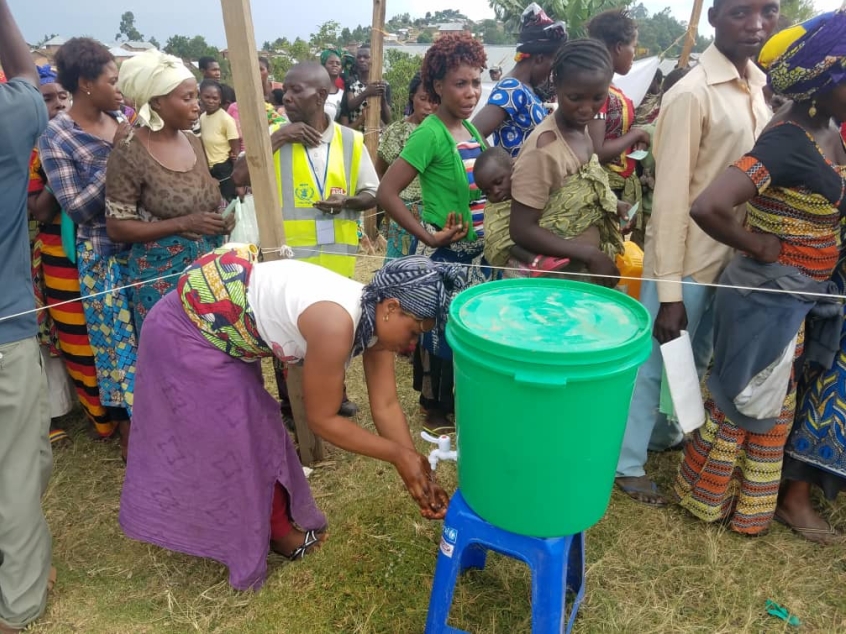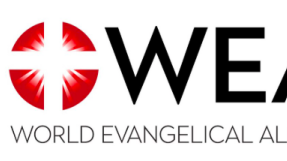
A holistic reponse is needed to address the escalating Ebola crisis in the Democratic Republic of Congo, Christian Aid has said.
The development agency said it was scaling up its emergency operations in the country to help prevent the further spread of the disease, which has already killed over 1,700 people, making it the second deadliest outbreak behind that of West Africa between 2014 and 2016.
It has welcomed the World Health Organisation's decision to declare the DRC outbreak a public health emergency of international concern, saying it will attract the "much-needed attention" of the international community.
In addition to practical assistance, Esperant Mulumba, Christian Aid's acting country manager for the DRC, said that affected communities needed to be at the heart of the response and that it was important to provide safe spaces where people could voice their fears.
"The deadly outbreak has exacerbated the problems of instability, armed violence, widespread displacement and food shortages within the region," said Mulumba.
"It's vital that we all learn from the devastating Ebola crisis of 2014 and work together to curb the spread of this virus. But it is incredibly difficult for agencies, including our own Ministry of Health, to run an effective Ebola operation due to denial about the existence of the virus and widespread mistrust in the health system and resistance to health workers and humanitarians.
"The only way we will be able to save as many lives as possible is if we work alongside communities – and through trusted local figureheads like faith leaders and traditional leaders – to combat widespread fear and distrust about the disease and its causes.
"It is therefore critical that we create safe spaces through which communities can express their fears and concerns and receive appropriate guidance on behaviours that will contribute to stopping the spread of the virus. Our approach is to put affected communities at the centre of our response, thus empowering them to take actions that will prevent deaths."
Nick Guttmann, head of humanitarian at Christian Aid, said a "flexible" approach was important because the outbreak was occurring in a "complex" environment where ongoing conflict has caused many people to be displaced.
"Ebola is creating more fear and forcing people to move. We need to raise awareness about how Ebola is spread and at the same time provide the life-saving support communities already displaced require," he said.
Christian Aid's partner in the DRC is handing out hygiene kits containing soap, disinfectant and chlorine tablets to 8,000 households and at 12 community sites.
Psychosocial support is being offered to 200 people directly affected by the outbreak, including those suspected of having the virus, survivors, healthcare workers and immediate family members.
In some places, new latrine blocks with handwashing facilities are being constructed, while clean water points are being installed or repaired across schools, health centres, churches and market places.
"We at Christian Aid are endeavouring to provide a holistic approach to dealing with the far-reaching and complex effects and focusing our efforts on those most in need," Guttmann continued.
"Agencies like Christian Aid and our trusted local partners are doing what we can to slow the spread of the virus, but we are desperately in need of more resources so that we can do even more to alleviate suffering for those caught up in this terrible situation."
Click here to donate to Christian Aid's Ebola appeal













